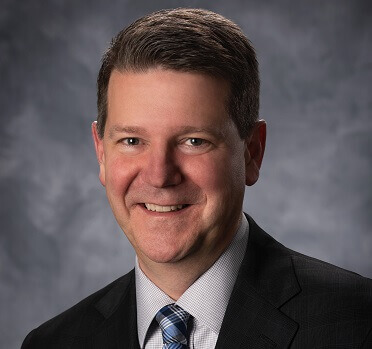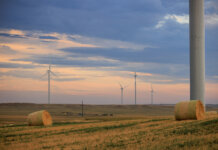Xcel Energy has announced plans to retire its last two coal plants in the Upper Midwest a decade earlier than scheduled, as well as invest in more renewable energy.
The utility outlines a path to make the transition while ensuring reliability and keeping costs low for customers. These plans are part of the proposed Upper Midwest Energy Plan, which, if approved by Minnesota regulators, would lead to a more than 80% reduction in carbon emissions in the region by 2030 compared to 2005 – a key stepping stone toward Xcel’s vision to provide customers with 100% carbon-free electricity by 2050, the company says.
As part of the plan, the company has reached an agreement with a coalition of environmental and labor organizations on key elements of the plan relating to coal, solar and natural gas. These groups include the Sierra Club, Fresh Energy, the Union of Concerned Scientists, the Center for Energy and Environment, the Minnesota Center for Environmental Advocacy, Clean Grid Alliance, and LIUNA (Laborers’ International Union of North America) Minnesota and North Dakota.
As laid out by the Sierra Club, these commitments include as follows:
- The retirement of the King coal plant no later than 2028;
- The retirement of the Sherco 3 coal plant no later than 2030;
- The addition of at least 3 GW of solar capacity to Xcel’s system by 2030, enough to power over 750,000 homes;
- The creation of local jobs for these solar projects;
- A commitment to historic levels of energy efficiency;
- The reduction of coal use at the Sherco 2 coal unit the plant until it retires in 2023; and
- A commitment to reevaluate the continued economic viability of the Mankato Energy Center gas plant in future integrated resource plans.
In addition, according to Xcel Energy, other key milestones in the clean energy transition include the following:
- 2022 – Completion of the company’s largest-ever wind expansion, adding 1.85 GW of wind. At that point, more than 30% of customers’ energy in the Upper Midwest will come from wind.
- 2030 – More than 50% of customers’ energy in the region will be from renewables.
“This is a significant step forward as we are on track to reduce carbon emissions more than 80 percent by 2030 and transform the way we deliver energy to our customers,” states Chris Clark, president of Xcel Energy for Minnesota, North Dakota and South Dakota. “Accelerating the closure of our coal plants and leading this clean energy transition would not be possible without the dedication and support of our key stakeholders. We thank them for their work to put us on a path to deliver 100 percent carbon-free electricity by 2050.”
Xcel expects to manage the transition through attrition, retirements and retraining for employees who take other jobs within the company. It will also work closely with the Monticello, Minn., community as it seeks to continue the use of the Monticello nuclear plant until at least 2040. That process requires approvals at state and federal levels, the company notes.
“We have been on our clean energy journey for more than a decade and have a track record of making the transition with a strong focus on our employees and communities,” notes Clark.
The company claims its plan is also designed to ensure that customers’ bills stay low. Retiring coal, adding renewables and extending the use of nuclear energy is the fastest way to deliver carbon reductions at the lowest cost, maintains Xcel.
The utility says it has worked collaboratively with stakeholders – including business, community and environmental groups – to shape its Upper Midwest Energy Plan over the past 18 months. The plan will be formally submitted for consideration with the Minnesota Public Utilities Commission on July 1.
“We are pleased to see Xcel Energy’s continued commitment to delivering renewable energy to its customers,” comments Beth Soholt, executive director of the Clean Grid Alliance. “The cost of solar has declined 88 percent since 2009, making the addition of solar to the Xcel Energy portfolio not only great for keeping our air and water clean, but also great for their customers’ pocketbooks.” Soholt adds that the renewables industry is “ready, willing and able to build these projects and work to ensure local skilled labor has the opportunity to access these great jobs.”




